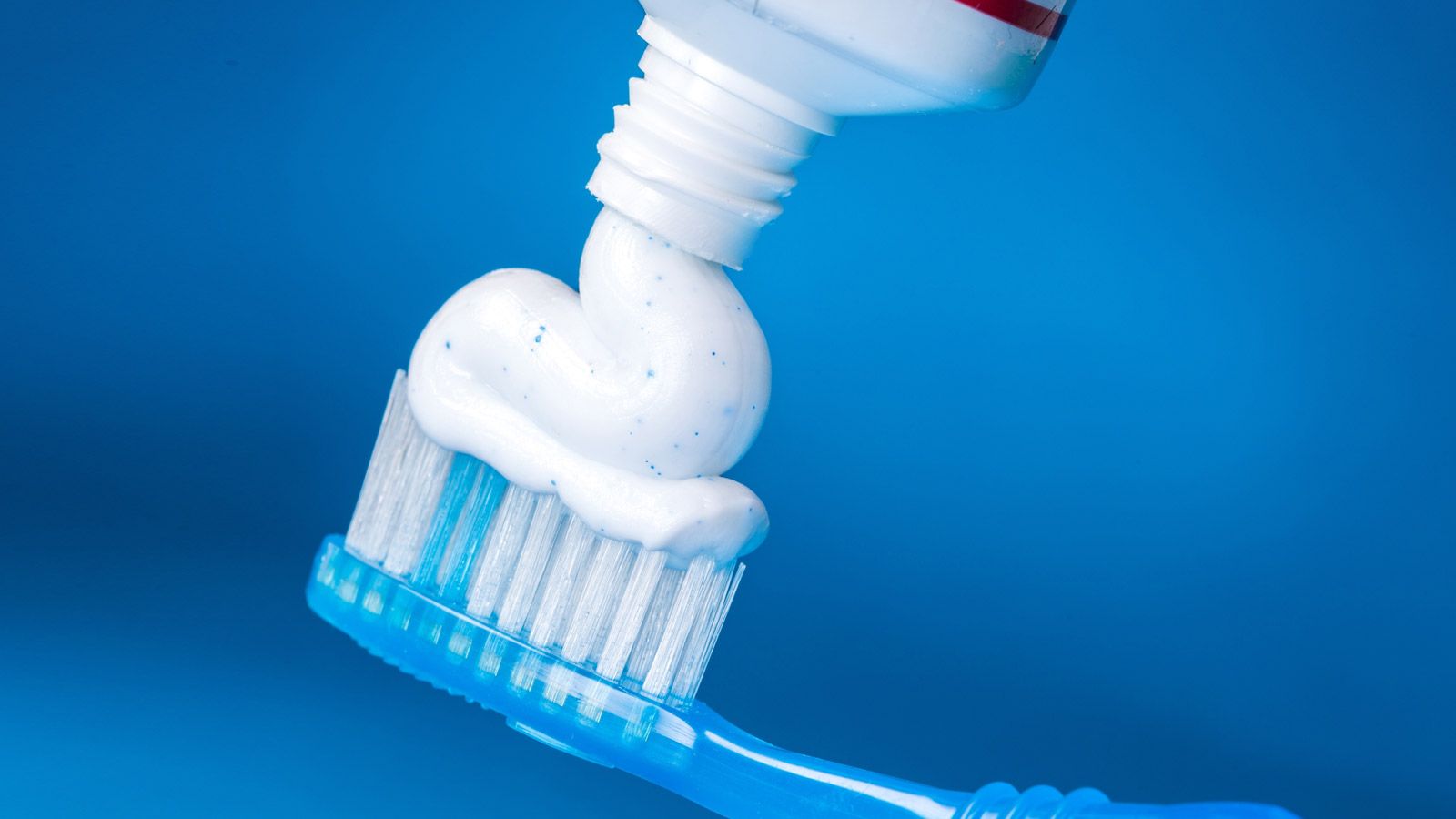With sensitive teeth, it can be difficult to enjoy the foods and drinks you love, such as ice cream or hot beverages.
Fortunately, a variety of treatments exist for tooth sensitivity. Depending on the cause, your dentist can recommend a solution for you.
How can I be sure that I have hypersensitive teeth?
Dental Sensitivity Causes Sharp, Temporary Pain in a Variety of Situations
- Extreme Hot and Cold
If you experience sudden discomfort when you consume something very hot or cold, you may have sensitive teeth.
- Acidic or Sweet Foods and Drinks
An exposed root, enamel erosion, or cavity can also make you more sensitive to things that are very sweet or acidic.
- Breathing Cold Air
For some patients with sensitive teeth, even taking a deep breath during cold weather can cause significant pain.
There are a few types of dental sensitivity…
Sensitivity Is Often Caused by Dentin Exposure
Teeth become sensitive when the inner layer, known as dentin, is exposed. There are many different ways that dentin can become exposed, including decay and gum recession.
Am I at risk for sensitive teeth?
The Products You Use and Stress Level Can Increase the Chances of Sensitivity
Using an abrasive toothpaste or other products that are hard on your enamel can increase your chances of developing dental sensitivity.
Some studies have also found that individuals who are under stress or have obsessive-compulsive symptoms are more likely to have sensitive teeth.
So what is making my teeth sensitive?
There Are Many Potential Causes for Dental Sensitivity
- Tooth Decay
A cavity or decay under the surface can cause pain and make your tooth more sensitive to temperature changes.
- Damaged Teeth
A crack or fracture in a tooth may not constantly cause pain, but instead, react to certain foods or drinks.
- Older Fillings
Fillings protect areas of teeth which have been damaged. When they become worn, the nerves inside of teeth may be exposed to external elements, leading to sensitivity.
- Worn Enamel
When enamel becomes too thin to protect the nerves within teeth, dentin hypersensitivity can result.
- Exposed Roots
If gum recession or other issues have left your roots exposed, it can cause dental sensitivity.
- Gum Disease
Inflammation in the gums can make teeth more sensitive and cause gums to recede, leaving the roots exposed.
Is dental hypersensitivity normal?
Tooth Sensitivity Is a Relatively Common Issue
*According to a study in Clinical Oral Investigations
What should I do if my teeth are sensitive?
Your Doctor Can Identify the Cause and Severity of Dental Sensitivity
Is there a way to prevent tooth sensitivity?
Taking Care of Your Tooth Enamel Can Help Reduce or Stop Symptoms
- Use Gentle Brushing Techniques
Placing too much force on your teeth while you brush can damage the enamel. Avoid brushing side-to-side right at the gum line. Instead, use a soft-bristled brush and hold it at a 45-degree angle to your gum line while brushing.
- Avoid Eating or Drinking Acidic Products
Certain foods and drinks, such as soda, sticky candy, and high-sugar carbs, are more likely to cause damage to your enamel. Change up your snacking habits to include foods such as fruits and veggies high in fiber, cheese, and plain yogurt.
- Treat Clenching or Grinding
When left untreated, clenching or grinding your teeth can wear away at enamel. For some patients, reducing stress can stop the issue. However, you may need another treatment for bruxism, such as a mouth guard or orthodontic adjustment.
Can these techniques really help?
Keeping Your Smile Healthy Can Stop Sensitivity from Developing
“Good oral hygiene is your best defense against most oral health problems, including tooth sensitivity.”
– The Journal of the American Dental Association
What if changing toothpastes isn’t enough?

Fluoride Treatment
Professional treatments can strengthen tooth enamel, protecting the dentin.

Dental Filling
A filling can repair areas of mild to moderate damage, improving symptoms.

Restorations
For extensive damage, your dentist may recommend an inlay, onlay, or dental crown.

Gum Treatments
For gum recession, you may need treatment such as a gum graft to restore your health.

Root Canal Therapy
If sensitivity is severe and persists, you may have an infection within the root.
I’m tired of living with sensitivity. What can I do today?
Schedule an Appointment
Having sensitive teeth can interrupt your daily life and make it more difficult to enjoy the things you love. Learn more about the treatment options available to you by contacting a doctor today.






















